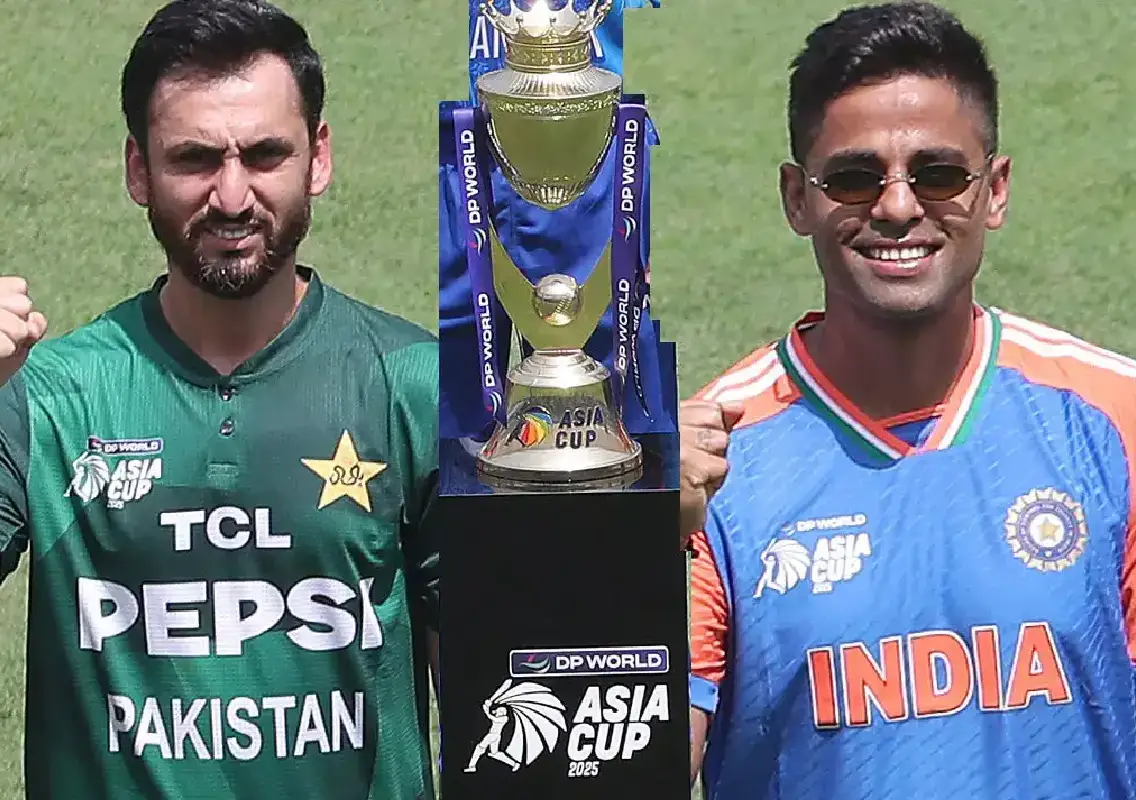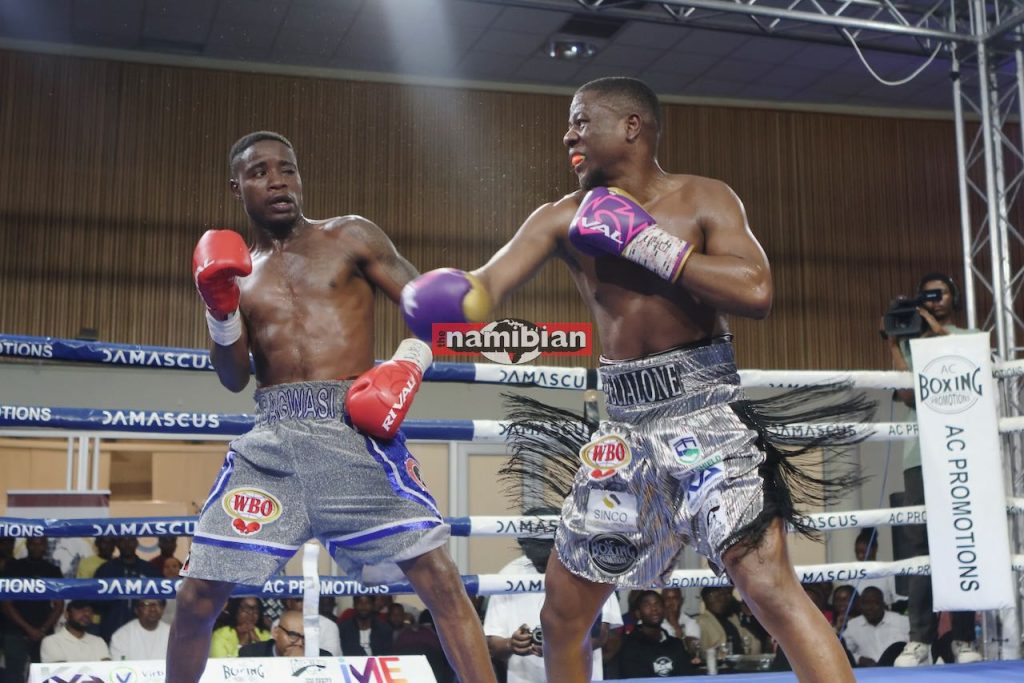By News Karnataka
Copyright newskarnataka

Dubai: The captains’ press conference ahead of the Asia Cup saw Suryakumar Yadav and Salman Ali Agha avoid exchanges, with tension reflecting the rivalry.
Press conference sets cautious tone
Dubai: The Asia Cup captains’ press conference at the Dubai International Cricket Stadium on Tuesday served as a restrained opening act. Eight skippers lined up on stage, but the spotlight inevitably fell on India’s Suryakumar Yadav and Pakistan’s Salman Ali Agha.
The mood was tense, bordering on brittle. While the official unveiling of the trophy by Asian Cricket Council (ACC) and Pakistan Cricket Board (PCB) president Mohsin Naqvi briefly drew attention, his swift exit without taking questions left the focus firmly on the players.
Interestingly, despite India being the official hosts, no BCCI official was present. This absence was understood to be linked to the prevailing tensions between the two countries earlier this year.
Cold handshakes and careful optics
When the time came for the captains’ group interaction, Suryakumar Yadav and Salman Ali Agha exchanged a cold handshake, their interaction limited to polite formality. Positioned apart by organisers — with Afghanistan captain Rashid Khan strategically placed between them — the two avoided eye contact or conversation.
Though both managed brief smiles, nothing in their body language suggested a thaw. The arrangement reflected the organisers’ intent to keep proceedings calm while navigating the undercurrent of political sensitivities.
Aggression question sparks contrasting replies
While journalists were urged to avoid political questions, one query slipped through. A reporter asked both captains whether, given the recent situation between India and Pakistan, players would be advised to temper their aggression on the field.
Suryakumar Yadav responded with measured positivity: “Aggression is always there when we take the field. I don’t think you can play sports without aggression. I’m very excited to take the field tomorrow.”
Salman Ali Agha, however, dismissed the notion of curbing emotions: “You don’t need to say anything to any player because everyone is very different. If anyone wants to be aggressive on the field, he’s more than welcome. When it comes to fast bowlers, they are always aggressive — you can’t stop them, because that’s what keeps them going. From my side, there are no instructions to anyone, as long as it stays on the ground.”
Build-up to the India-Pakistan clash
India and Pakistan are scheduled to meet on Sunday, a fixture traditionally guaranteed to attract massive attention. Curiously, organisers have not yet declared the match a sell-out, even though tickets are reportedly unavailable. Officials have attributed the hesitancy to Dubai’s extreme heat, though expectations remain that the stadium will be packed as the game approaches.
Pakistan’s new-look side, notably without Babar Azam and Mohammad Rizwan, has had a strong lead-up. They participated in four consecutive T20I series, including a triangular contest against Afghanistan and the UAE, giving them ample match practice.
Concerns from other captains
The ACC’s decision to unveil the trophy only hours before the Afghanistan–Hong Kong China clash in Abu Dhabi drew criticism from Afghanistan captain Rashid Khan. “Well, I don’t think it’s ideal — that’s what we discussed (with the other captains) before as well. To play in Abu Dhabi and stay here in Dubai for all three games…it’s different. But as professional cricketers, we have to accept these things,” Rashid said.
Sri Lanka also faced challenges in preparation. Having travelled directly from Harare, where they played back-to-back games on 6 and 7 September, their captain Charith Asalanka admitted to fatigue. “Right now, I’m feeling very sleepy. I should answer it tomorrow I think,” he joked, adding, “It’s really hard to play back-to-back games in Zimbabwe and then travel here straightaway. I think actually we need to have a couple of days off. I hope the coach will give us.”
The captains’ press conference may have avoided outright controversy, but it clearly reflected the underlying tension surrounding the India-Pakistan rivalry. As the Asia Cup progresses, much of the focus will inevitably turn towards Sunday’s high-stakes clash, where cricketing aggression — carefully balanced with diplomacy — will be under the microscope.



